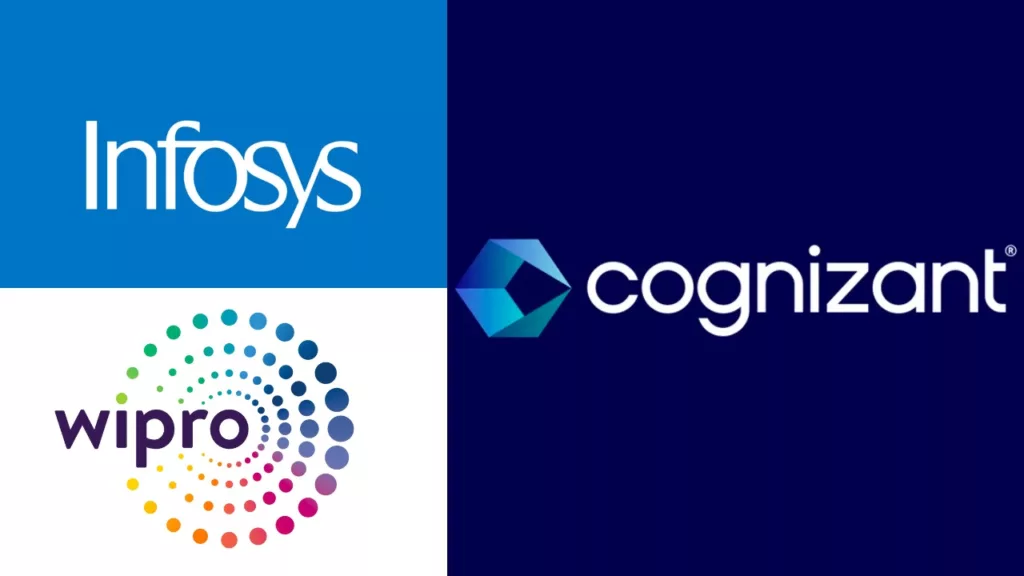Infosys and Wipro Vs Cognizant: Is employee poaching fair?

Infosys and Wipro Vs Cognizant: Is employee poaching fair?
Infosys sent a written communication to Cognizant after a number of its senior personnel left to join the firm.
The poaching row among top IT firms has heated up, the complaint by Infosys follows one made by its cross-town rival Wipro, which has sued two of its former executives who have recently joined Nasdaq-listed Cognizant.
Cognizant CEO Ravi Kumar, an Infosys veteran himself, has hired over 20 executive vice presidents and four senior vice presidents, many of whom are from Wipro and Infosys.
Wipro has now filed suits in the US and India against two of its former executives- Mohd Haque and Jatin Dalal- who joined Cognizant recently.
The legal proceedings against Dalal were initiated by Wipro at a civil court in Bengaluru. Following the initiation of the suit by Wipro, Dalal promptly submitted an application and asked the court to refer the matter to arbitration.
Know about ‘Poaching’
The issue of ‘poaching’ takes on a different dimension in the context of employment and placements.
Poaching talent from one organization to another is a common practice in the corporate world, often raising ethical and legal concerns.
Let’s delve into the debate on talent poaching with a focus on the legal aspects within the realm of professional placements:
Arguments in Favor of Legal Constraints:
1. Contractual Obligations:
Professionals often sign contracts that include non-compete and non-solicitation clauses. Enforcing these contractual obligations legally is essential to maintaining the integrity of employment agreements and preventing unfair talent acquisition.
2. Intellectual Property Protection:
Talent poaching may involve the transfer of proprietary knowledge and skills. Legal measures can safeguard intellectual property rights, ensuring that sensitive information is not exploited by a competitor.
3. Maintaining a Fair Market:
Implementing legal constraints on talent poaching helps maintain a fair and competitive job market. Without such restrictions, organizations could engage in aggressive tactics that might hinder healthy competition and innovation.
Addressing Counter-arguments:
1. Individual Freedom and Choice:
Critics argue that professionals should have the freedom to choose their employers without undue legal constraints. While acknowledging individual agency, legal frameworks can strike a balance by ensuring fair competition while respecting the rights of the workforce.
2. Promoting Innovation:
Some contend that talent mobility fosters innovation by allowing individuals to bring diverse perspectives to different organizations. Legal regulations can be crafted to encourage innovation while preventing the misuse of proprietary information.
Navigating the legal complexities of talent poaching in the context of placements is crucial for fostering a business environment that is both competitive and ethical. Balancing the rights of individuals with the need for fair competition ensures a dynamic job market that benefits both professionals and organizations.








